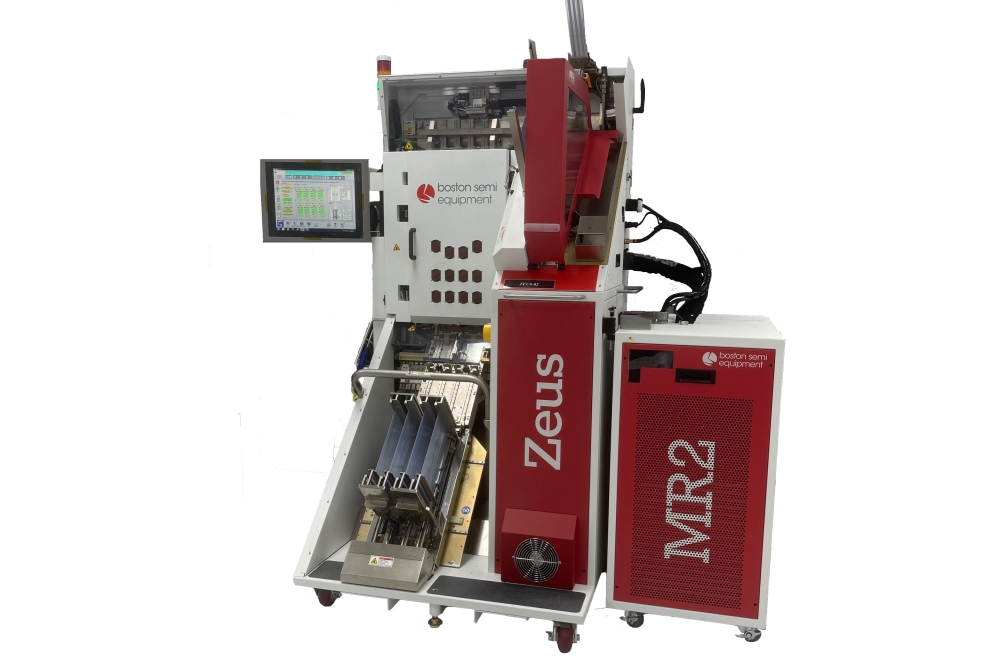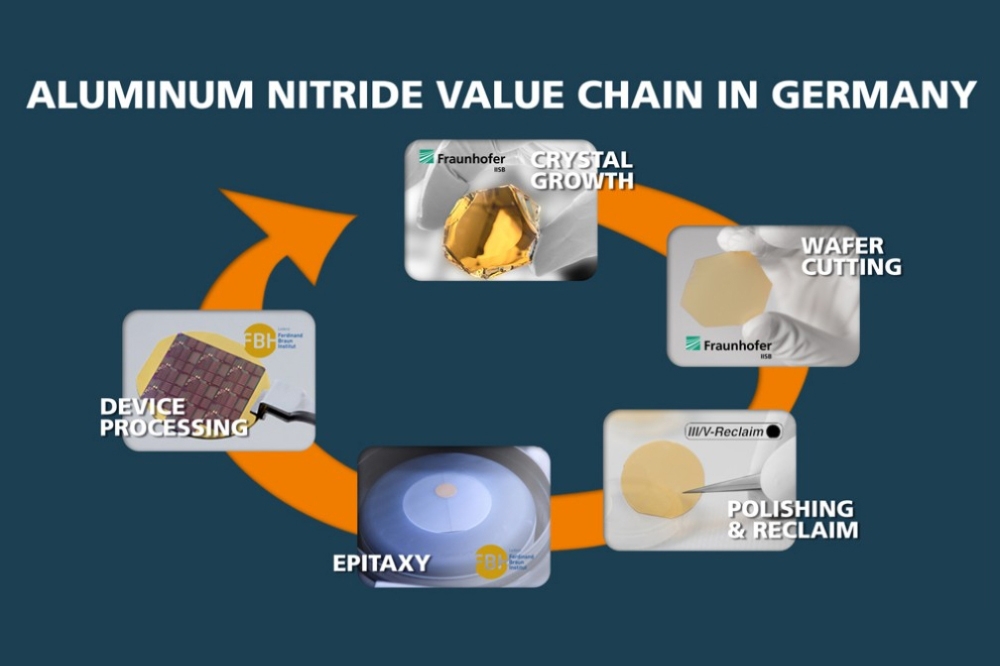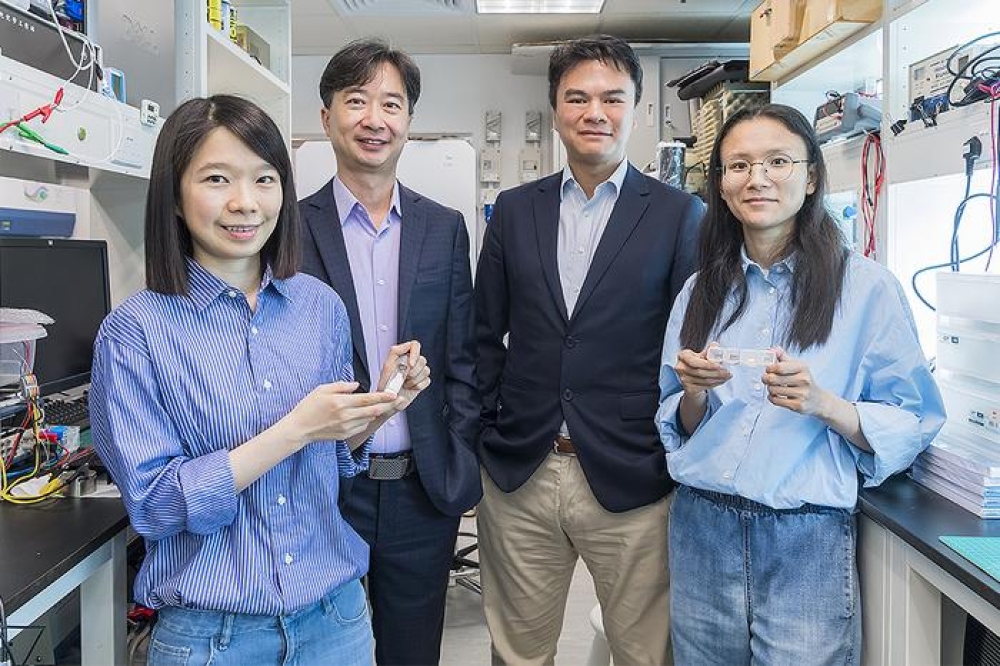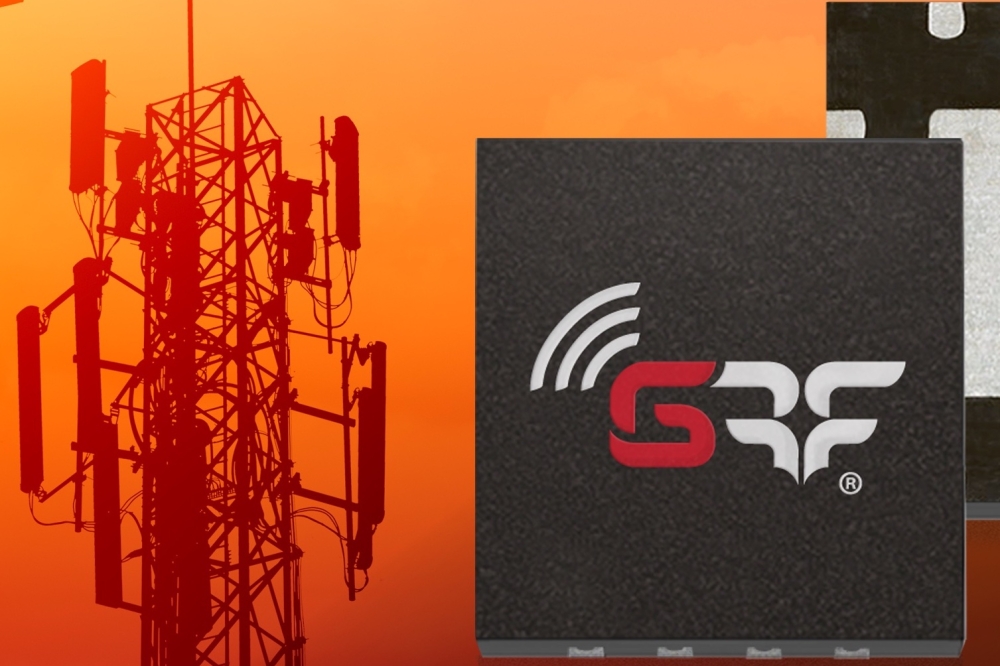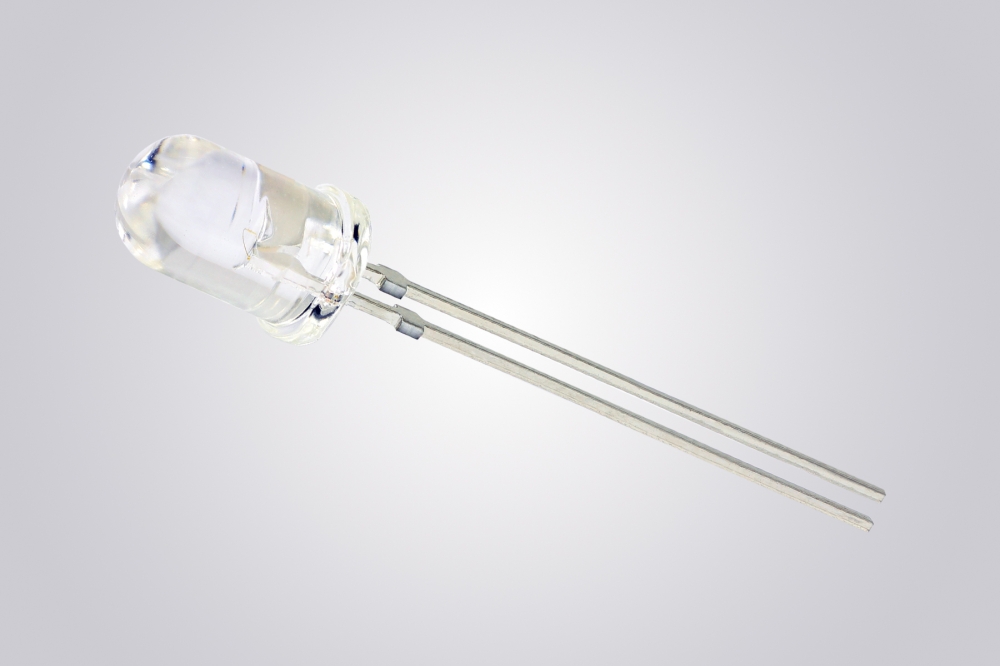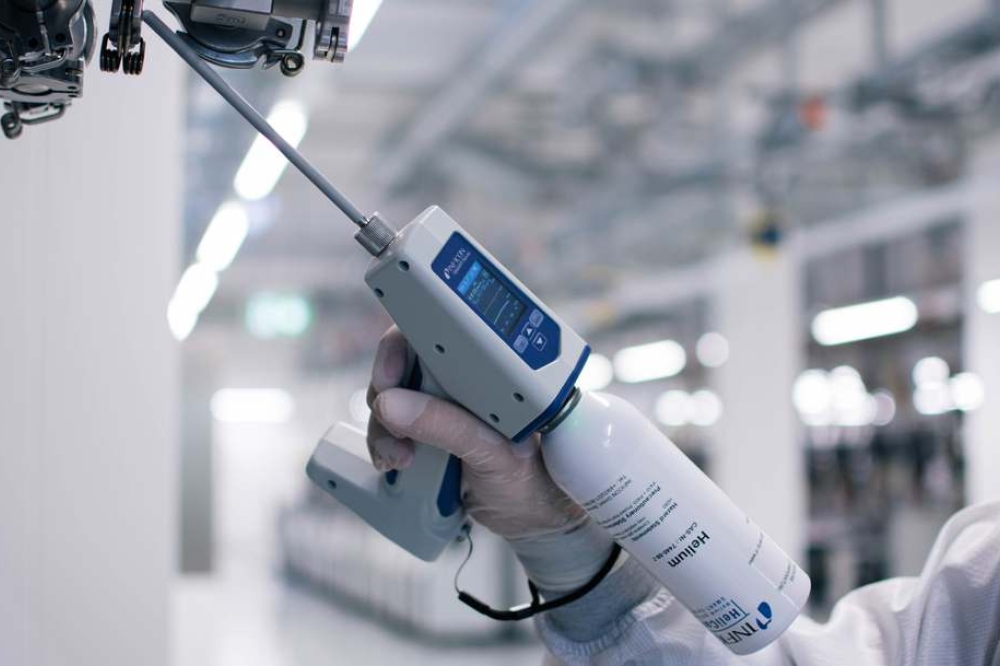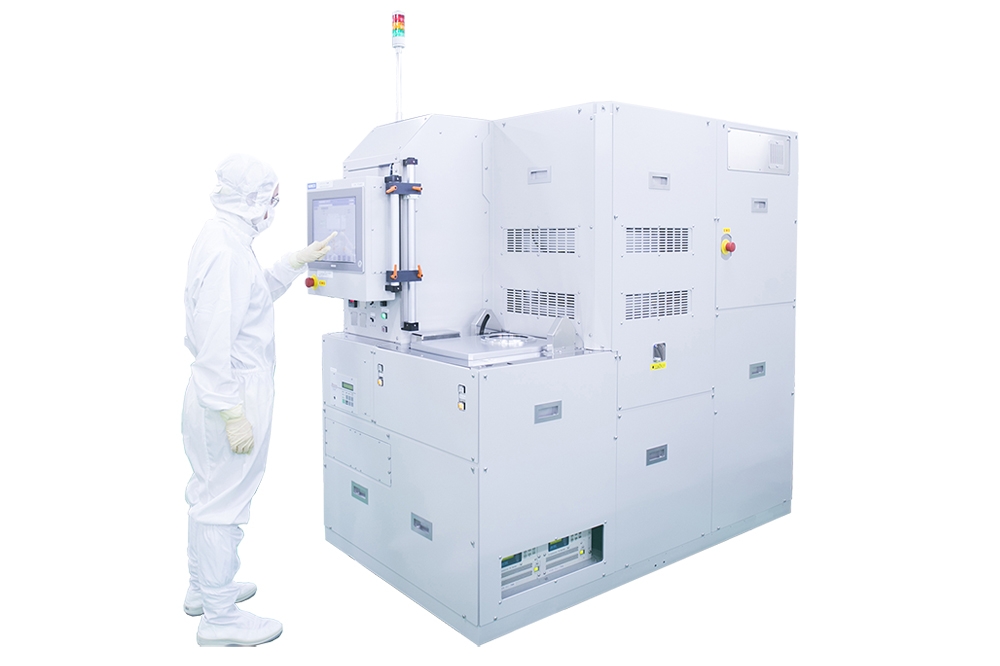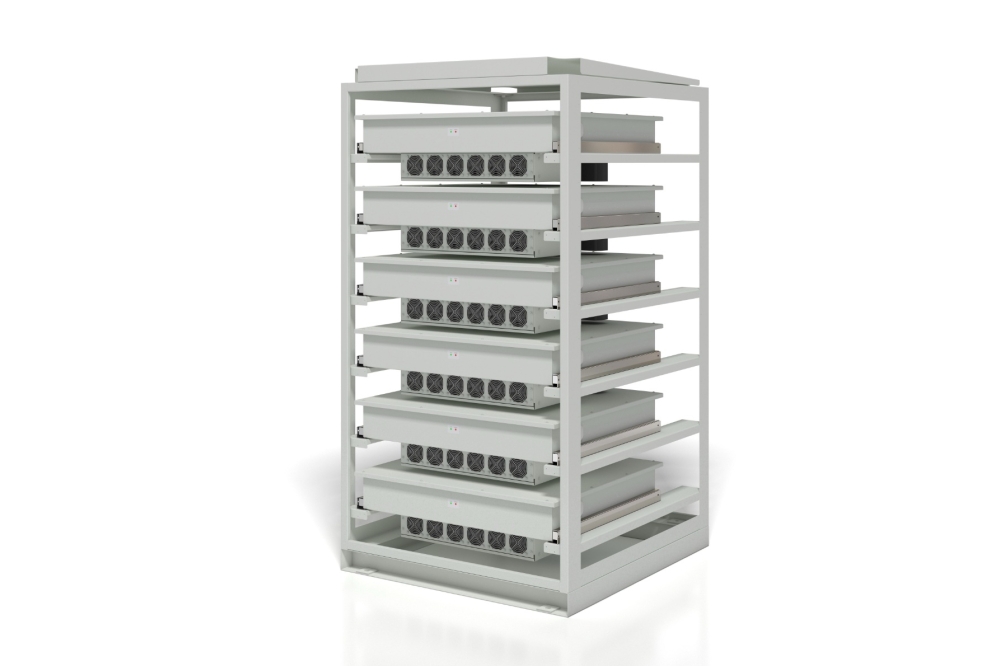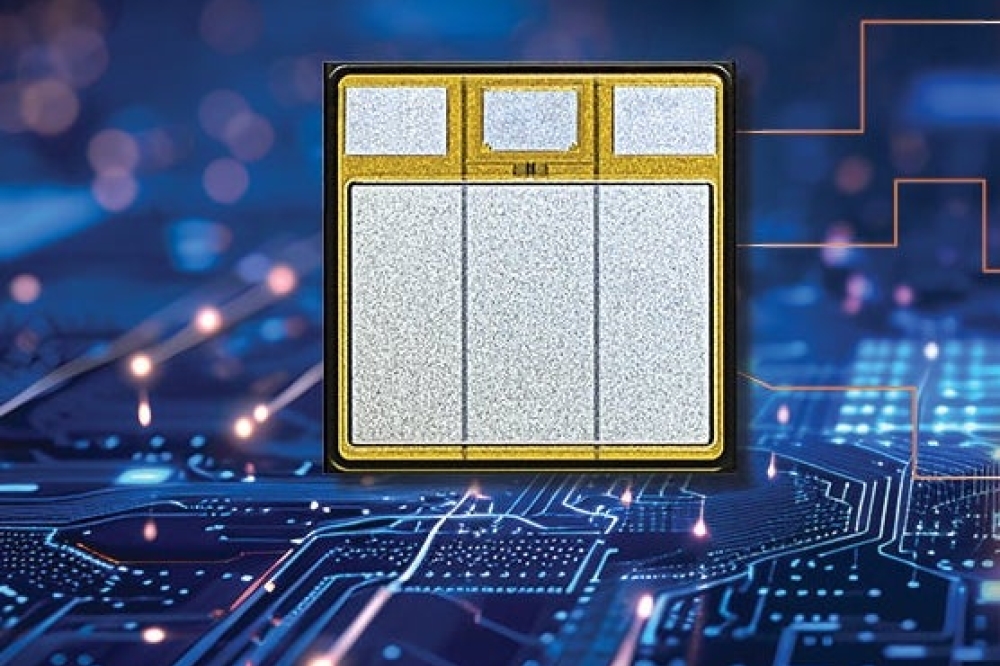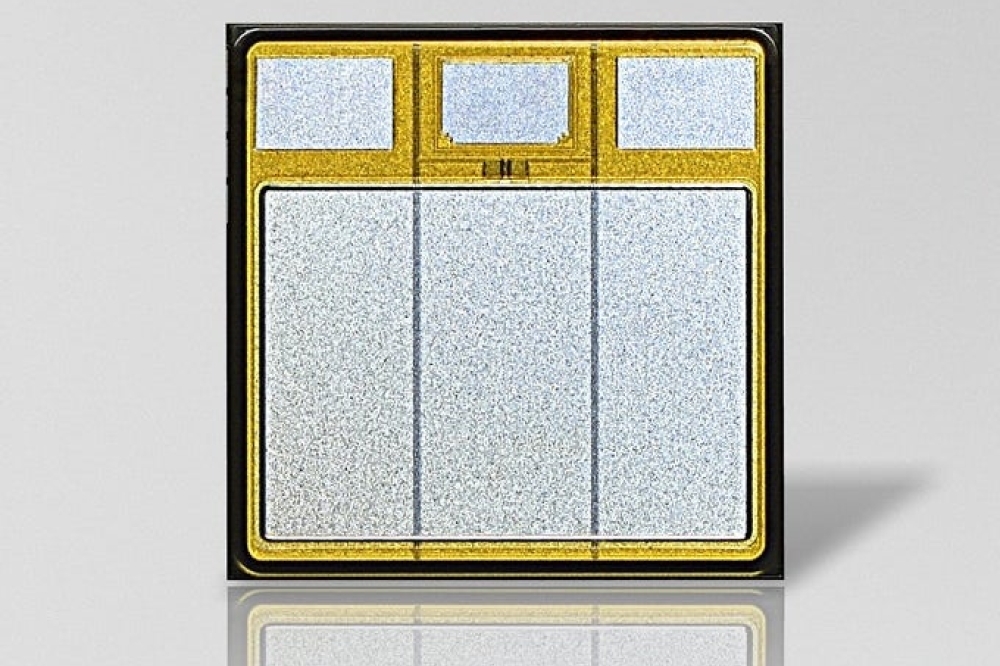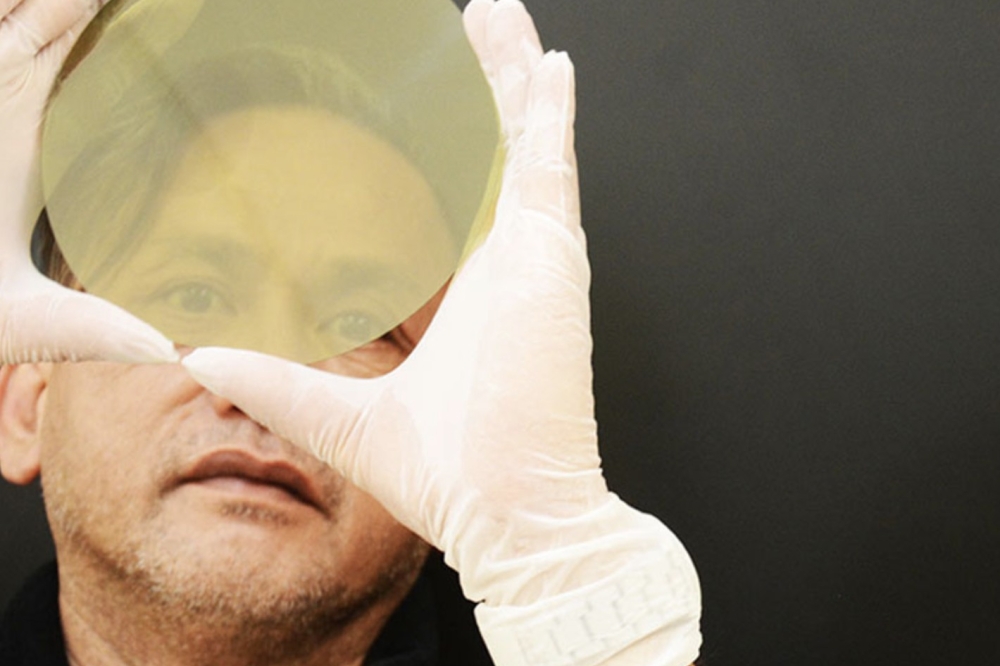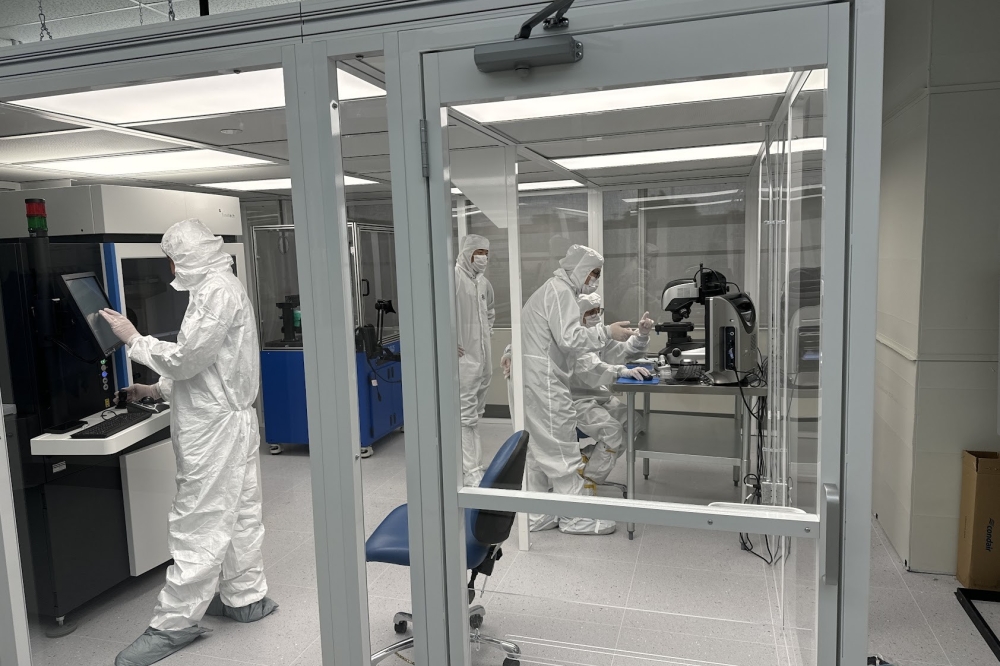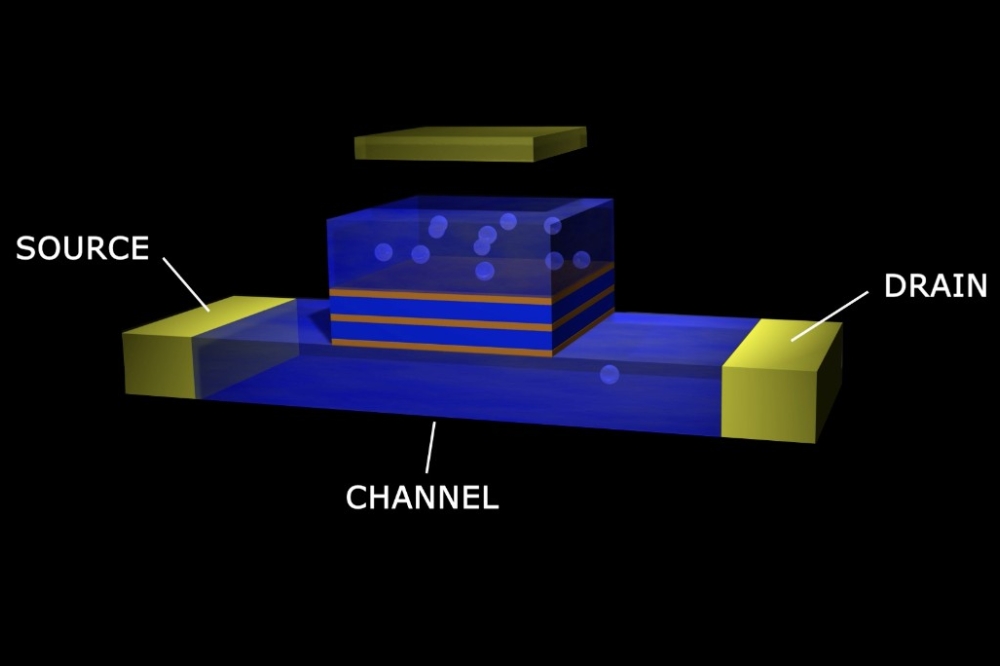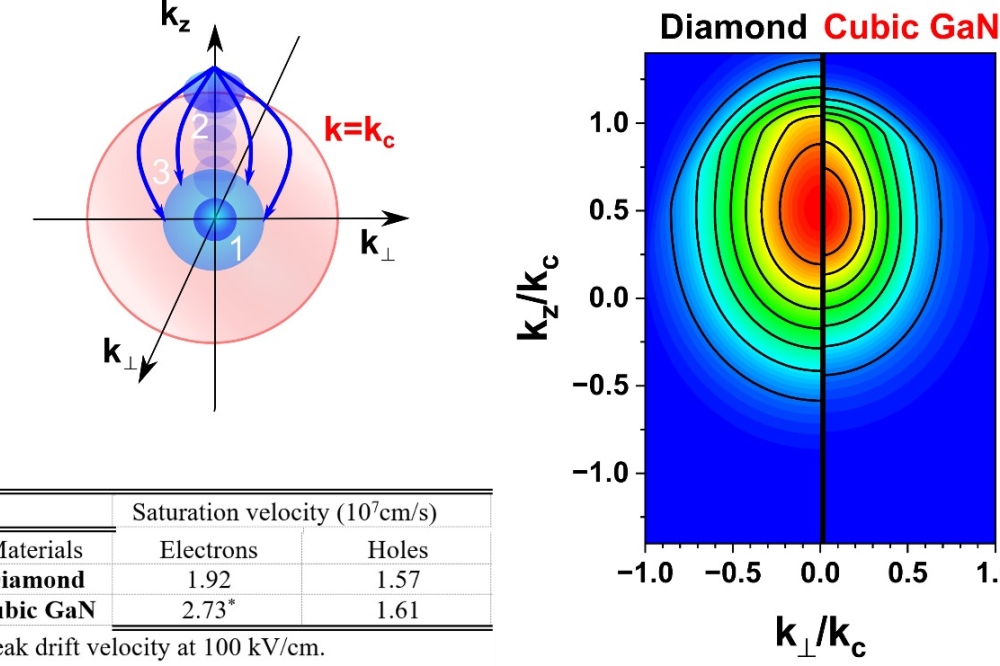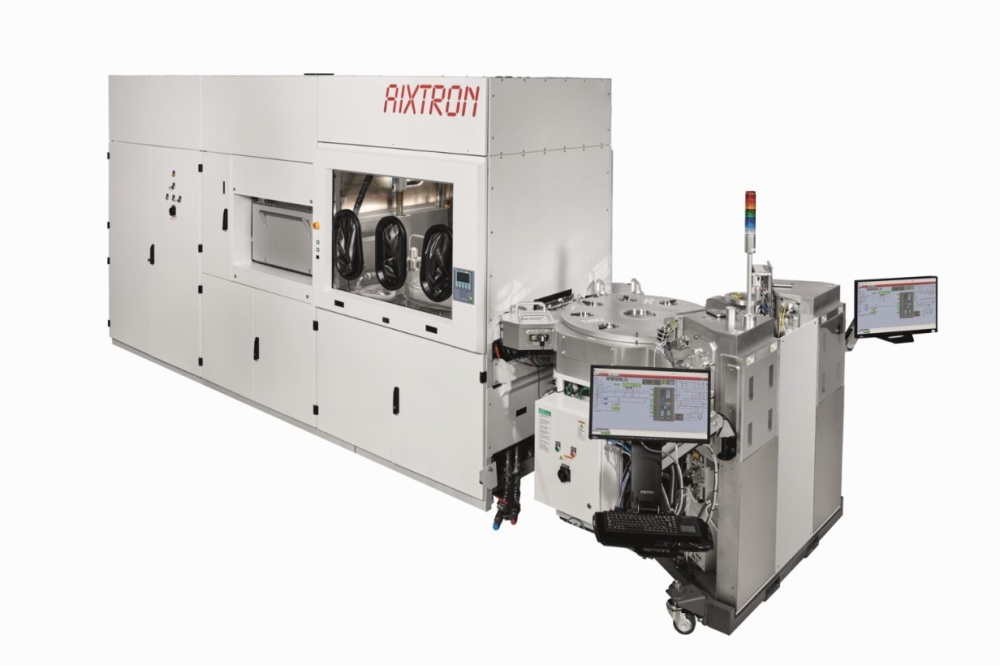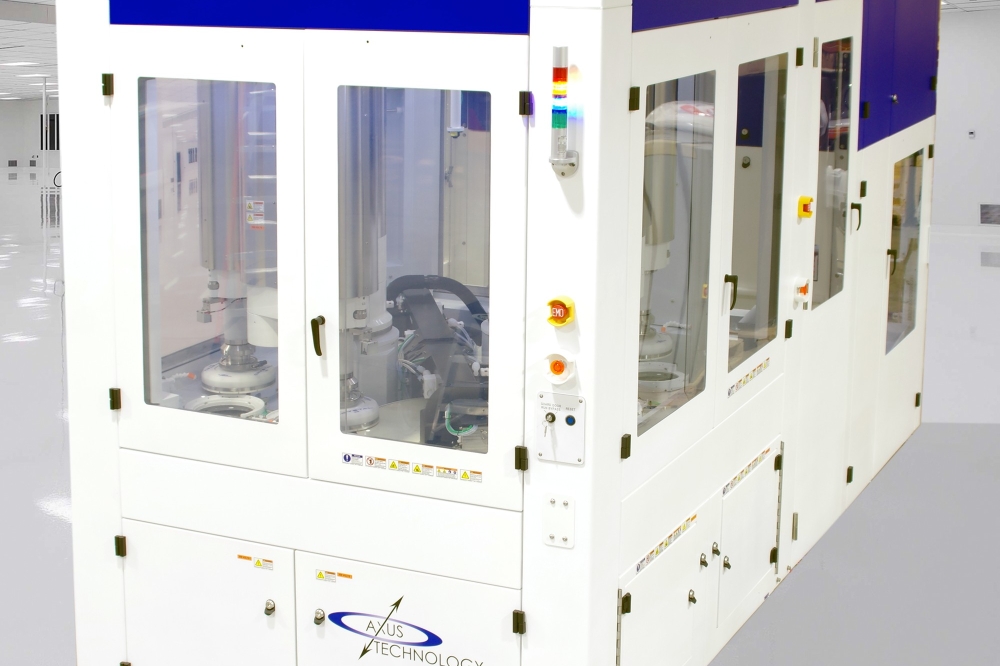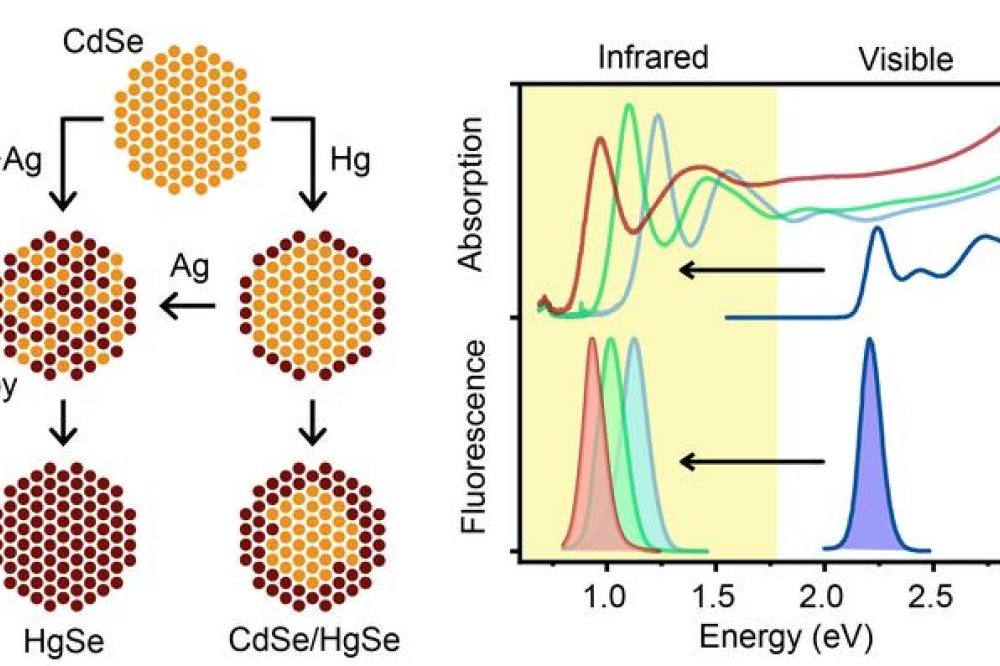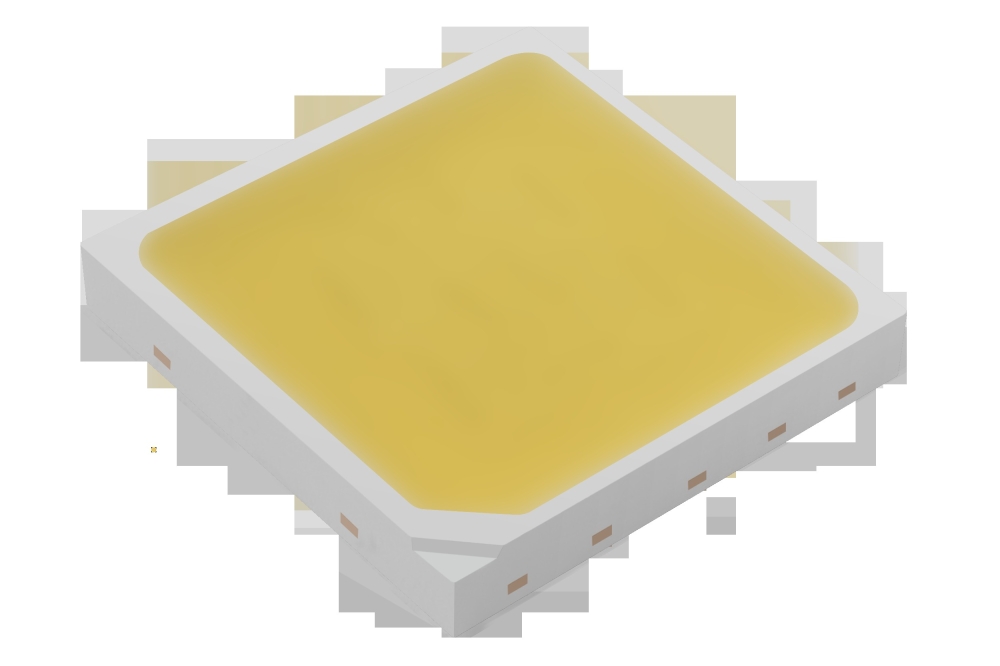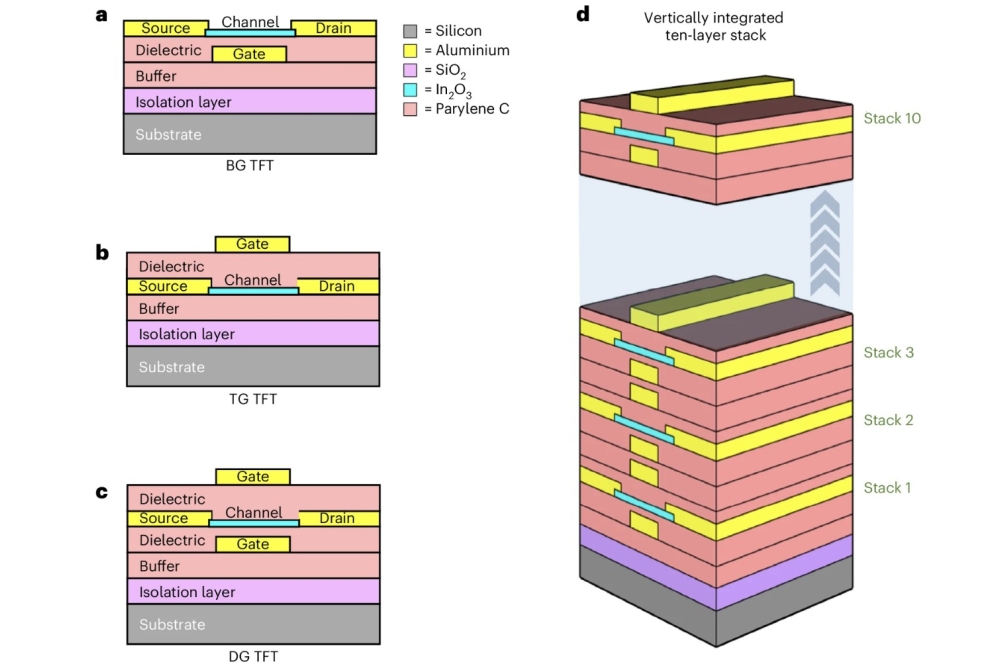EU consortium to focus on Perovskite

New initiative gathers universities, research institutes and companies working in perovskite
European universities, research institutes and companies involved in developing perovskite technologies have agreed to the creation of a collaborative platform called the European Perovskite Initiative or EPKI.
Perovskite based solar cells have made huge progress over the last decade. Lab-scale efficiencies of 24.2 percent in single-junction architectures and up to 28 percent in tandem (perovskite associated with crystalline silicon) mean it is turning into the fastest-advancing solar technology to date.
The hope is that perovskite technology will help further reduce costs and resource demands of solar electricity production, hence providing new capacity to tackle climate change and will offer the opportunity for the creation of jobs in Europe in the fast growing PV industry.
This initiative is dedicated to gathering all significant parties working in this field and raising the awareness on perovskite based photovoltaics by conveying a common vision through the editing of a common European perovskite whitepaper; supporting and initiating next generation PV industrial initiatives; and facilitating joint-research programs and synergies among universities, institutes and companies.
The European initiative is being driven by Ronn Andriessen, director at Solliance and consultant Louis Huber from Greensquare. "During last months’ discussions with current EPKI participants, it became clear we all share the same vision and that joining forces would be beneficial to all", explain Ronn Andriessen and Louis Huber. "This new perovskite based PV technology has a very high potential and a massive roll-out of it would fit very well within the Europe SET plan as well as in the global urgency to massively install sustainable and affordable energy generators everywhere needed«.
Active participants to this joint initiative are:
Solliance Solar Research (NL, BE, DE): TNO (NL), Imec (BE), Forschungszentrum Jülich (DE), Eindhoven University of Technology (NL), University of Hasselt (BE), Delft University of Technology (NL), University of Twente (NL), University of Groningen (NL)
University of Oxford (UK)
Centrum for Hybrid and Organic Solar Energy - CHOSE, University of Rome Tor Vergata (IT)
Helmholtz Zentrum Berlin fuer Materialien und Energie (DE)
École Polytechnique Fédérale de Lausanne - EPFL (CH)
University of Valencia (ES)
Friedrich-Alexander-University Erlangen-Nuremberg & Helmholtz Institute Erlangen-Nuremberg for Renewable Energies (DE)
Centre Suisse d’Electronique et de Microtechnique - CSEM (CH)
CEA - Institut National de l’Energie Solaire - INES (FR)
Fraunhofer - ISE (DE)
Institut Photovoltaïque d’Île-de-France - IPVF (FR): EDF (FR), Total (FR), CNRS (FR), École Polytechnique (FR), Air Liquide (FR), Horiba (FR), Riber (FR)
Austrian Institute of Technology - AIT (AT)
Uppsala Universitet (SE)
KTH Royal Institute of Technology (SE)
Instituto Italiano de Tecnologia - IIT (IT)
Consiglio Nazionale delle Ricerche - CNR (IT)
University of Perugia (IT)
University of Potsdam (PL)
Oxford-PV (UK, DE)
Saule Technologies (PL)
Smit Thermal Solutions (NL)



